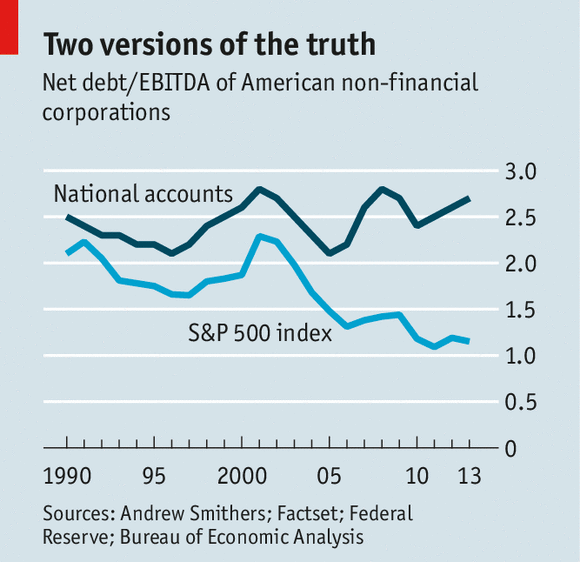Why Utility Companies Want To Keep Dividend Rates Low The Daily Beast
Post on: 17 Май, 2015 No Comment

Why are utility companies shelling out big bucks for a national ad campaign defending low tax rates on dividends?
Kindly looking retiree, sitting at his kitchen table, looks at his local newspaper and his MacBook Pro: “Our taxes are about to go up.” The kindly looking retiree’s wife: “Not the taxes on our dividends though, right? That’s a big part of our retirement.”
Thus begins the “Harry-and-Louise” style ad from Defend My Dividend. a group created by the Edison Electric Institute, a trade group for electric utility companies, to advocate for marinating the current low rates for dividend taxes. Should we go over the fiscal cliff in a few weeks, dividends will be taxed as ordinary income, meaning people in high tax brackets could pay rates as high as 43 percent on them.
The other groups behind Defend My Dividend are the Alliance for Savings & Investment and the American Gas Association. The Alliance for Savings & Investment is an organization that advocates for lower capital gains and dividend taxes. Its members are other industry trade groups, like the Edison Electric Institute, SIFMA (the securities industry trade group), the Investment Company Institute (a trade group for mutual funds, and other publicly owned companies. Its goal, according to the website, is “making permanent today’s current low tax rates on capital gains and dividends to provide certainty to investors, stability to the economy and a strong foundation for long-term economic growth.” Some of the group’s members are big, blue chip companies like Altria, AT&T, and Verizon and energy companies like Xcel, Southern Company, and Spectra Energy.
But why do these companies care so much about dividend taxes? Information put out by Defend My Dividend is chock full of reasons why having the maximum tax rate on qualified dividends go from 15 percent to as high as 43.4 percent would spell disaster for ordinary investors. According to Defend My Dividend: “Senior citizens and people reaching retirement age represent a large portion of investors who own dividend-paying stocks…many seniors rely on dividend payments as a way to supplement their retirement income.” More broadly, “tens of millions of Americans, from all income levels and age groups, own stocks that pay dividends” and would thus stand to lose from higher taxes on dividends.
But these outfits aren’t shelling out big bucks to run their ad on cable news stations, including CNN, because they’re concerned over the financial well-being of America’s stockholders. Rather, it’s because the utilities who are members of the Edison Electric Institute are some of the biggest dividend payers out there. Utilities have to raise lots of money in the capital markets because they have to build and maintain power plants, transmission lines, and meters in buildings. But utilities aren’t growth companies. They’re highly regulated, meaning they can earn steady profits.
And so, to make their stock attractive, they pay out high dividends. Southern Company, a company that owns several Southeastern utilities and a member of the Edison Electric Institute, pays out a hefty dividend of $1.96 a share, which was bumped up by 3.7 percent earlier this year, the eleventh straight year of dividend increases. The company has been paying a dividend for 64 years. This is probably one reason why its CEO, Thomas Fanning, has been a big part of a public push to keep dividend rates where they are. He told CNN that higher dividend taxes would hurt the economy, possibly force his company to decline in value by 15 percent, and put at risk the retirement income of seniors.
The second point Fanning makes might be the most salient: with dividends being less attractive, the stocks of utility companies will certainly suffer. And it may already be happening. Since mid-October, when President Obama’s chances to win reelection solidified and a fight over the Bush tax cuts became inevitable, utility stocks have flagged. Since October 15, the Dow has declined 1.8 percent, while the Dow Jones Utility Average has gone down 4.12 percent.
As for how much a wide range of Americans depend on dividend income, the facts are a little more murky than how Defend my Dividend presents them.
About 25 million of the 143 million individual tax returns paid qualified dividends, according to the IRS, which is close to one in six. According to Joseph Rosenberg at the Urban Institute and Tax Policy Center, only about half of corporate dividends are paid out to individuals. Josh Peters, who edits a dividend investing newsletter for Morningstar, told Marketwach in September that “If the bulk of your retirement funds are in tax-deferred accounts, don’t worry.” In other words, people don’t pay taxes on the dividends held by stocks in their 401Ks. And that’s the case for many, many owners of stocks.
According to data from SIFMA, the securities industry trade group that’s a member of the Alliance for Savings and Investment, 36.6 percent of the $22 trillion in US stock is held directly by individuals. Fifty-five percent is owned by insurance companies, foreigners, state, local, and federal worker retirement funds, and pension funds, which are more or less indifferent when it comes to taxes on dividends.
Utilities are some of the biggest dividend payers out there
Mutual funds, which own 19.7 percent of U.S. stocks, pay dividend and capital gains taxes every year when they distribute earnings to their investors, but many mutual fund investments are tax-limited or tax-deferred. According to the Investment Company Institute (PDF ), a trade group for fund companies that’s also an ASI member, at the end of 2010, “7 percent of all mutual fund assets were held in tax-exempt funds, and 48 percent were invested in tax-deferred accounts held by households.” This year, 36 million of the 49.3 million households that invest in mutual funds do so exclusively in tax-deferred accounts.














